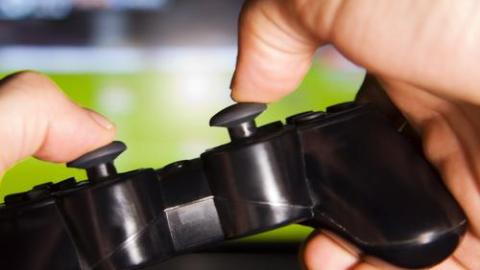How Video Games Help Doctors Diagnose Disease

What’s the Latest Development?
A video game developed at UCLA allows non-professional volunteers to accurately diagnose the presence of malaria in patients’ red blood cells, aiding medical professionals in this time consuming process. Players are presented with a six-by-eight grid of neutral and infected cells representing a patient’s biopsy, the object of the game being to neutralize the infected cells while preserving all the remaining healthy ones. Having gamers diagnose malaria not only saves time but researchers behind the new game say it improves the accuracy of results in the developing world where diagnosis tools are not always in plentiful supply.
What’s the Big Idea?
Another game, called FoldIt, which also uses the power of crowdsourced science, has been developed at the University of Washington in which “players wrestle with ways in which proteins fold themselves into different configurations.” Understanding the role that proteins play in disease can help scientists to create new, synthetic proteins as part of drug research. FoldIt players even helped to crack the pathogen code of an AIDS-like virus in monkeys which had stumped medical professionals for over a decade. With respect to the malaria game, a 1.25% variation in diagnosis accuracy compared with health professionals suggests crowdsourcing diagnoses is a realistic future.
Photo credit: Shutterstock.com





